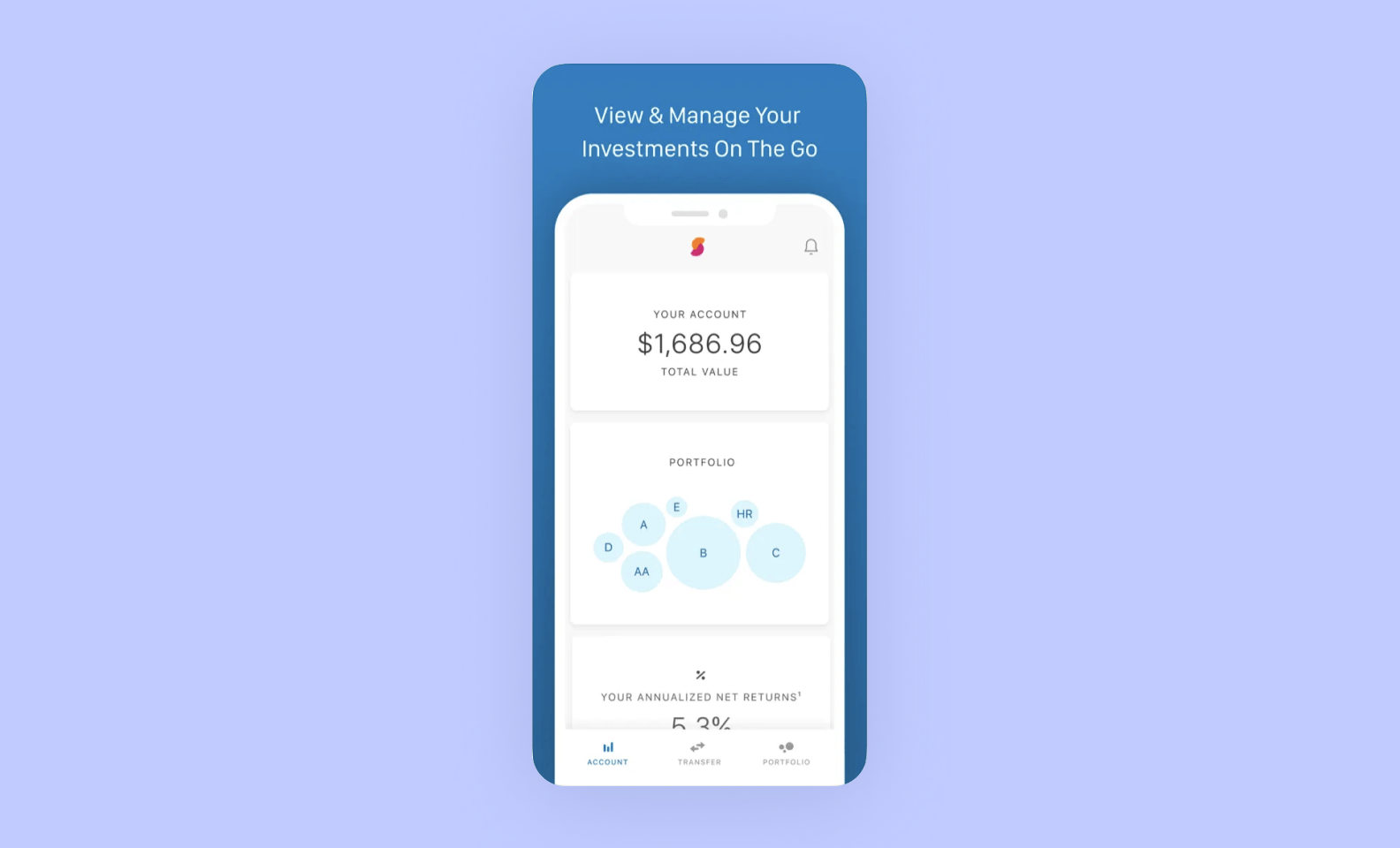The streaming wars are raging, and in the battle for eyeballs, content alone isn’t enough. Today’s viewers are demanding personalized, seamless, and engaging experiences. That’s where Artificial Intelligence (AI) steps in, transforming Over-The-Top (OTT) apps from mere video libraries to intelligent entertainment hubs.
Here’s how AI is attracting and retaining users in the fiercely competitive OTT landscape:
1. Hyper-Personalized Recommendations: The “You Might Also Like” on Steroids
Remember the days of generic recommendations? AI takes it to a whole new level. By analyzing viewing history, ratings, demographics, and even social media activity, AI algorithms can predict user preferences with uncanny accuracy. This goes beyond simple genre matching, delving into nuanced preferences like specific actors, directors, themes, and even viewing times.
- Result: Users discover content they genuinely love, leading to increased watch time and reduced churn.
2. Enhanced Content Discovery: Navigating the Sea of Options
With vast libraries, finding the perfect show or movie can be overwhelming. AI-powered search and discovery features simplify this process:
- Natural Language Search: Users can search using conversational language, like “thrillers with a strong female lead,” instead of rigid keywords.
- Visual Search: AI can analyze images and trailers, suggesting content based on visual cues.
- Contextual Recommendations: AI considers the time of day, location, and even mood to suggest relevant content.
- Result: Users easily find relevant content, reducing frustration and increasing engagement.
3. Dynamic Content Adaptation: Optimizing for Every Screen and Connection
AI ensures a smooth viewing experience across various devices and network conditions.
- Adaptive Bitrate Streaming: AI adjusts video quality in real-time based on internet speed, preventing buffering and interruptions.
- Content Optimization: AI can automatically adjust video and audio settings for different screen sizes and devices.
- Result: Seamless playback and optimal viewing quality, regardless of device or network.
4. Interactive and Engaging Experiences: Beyond Passive Viewing
AI is breaking down the barrier between viewer and content, creating interactive experiences:
- Interactive Storytelling: AI can personalize storylines based on user choices.
- Live Chat and Social Features: AI-powered moderation and sentiment analysis enhance live chat and social interactions during live events.
- Personalized Quizzes and Polls: AI can create interactive elements related to the content, boosting engagement.
- Result: Increased user interaction and a more immersive viewing experience.
5. Combatting Piracy and Enhancing Security: Protecting Content and Users
AI plays a crucial role in protecting content and user data:
- Content Protection: AI-powered watermarking and fingerprinting can detect and prevent piracy.
- Fraud Detection: AI algorithms can identify and prevent fraudulent activities, like account sharing and unauthorized access.
- Content Moderation: AI can automatically detect and remove inappropriate content, ensuring a safe viewing environment.
- Result: Enhanced security and protection for both content creators and users.
Also read : Ultimate Way to Feed the Hunger by Apps & Digital Experiences
The Future of OTT is Intelligent
AI is not just a trend; it’s a fundamental shift in how we consume entertainment. As AI technology continues to evolve, we can expect even more innovative and personalized experiences in OTT apps.
By embracing AI, OTT platforms can:
- Increase user engagement and retention.
- Enhance content discovery and personalization.
- Improve the overall viewing experience.
- Provide a safer platform.
In the competitive world of streaming, AI is the key to unlocking the future of personalized entertainment and attracting a loyal user base.




